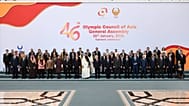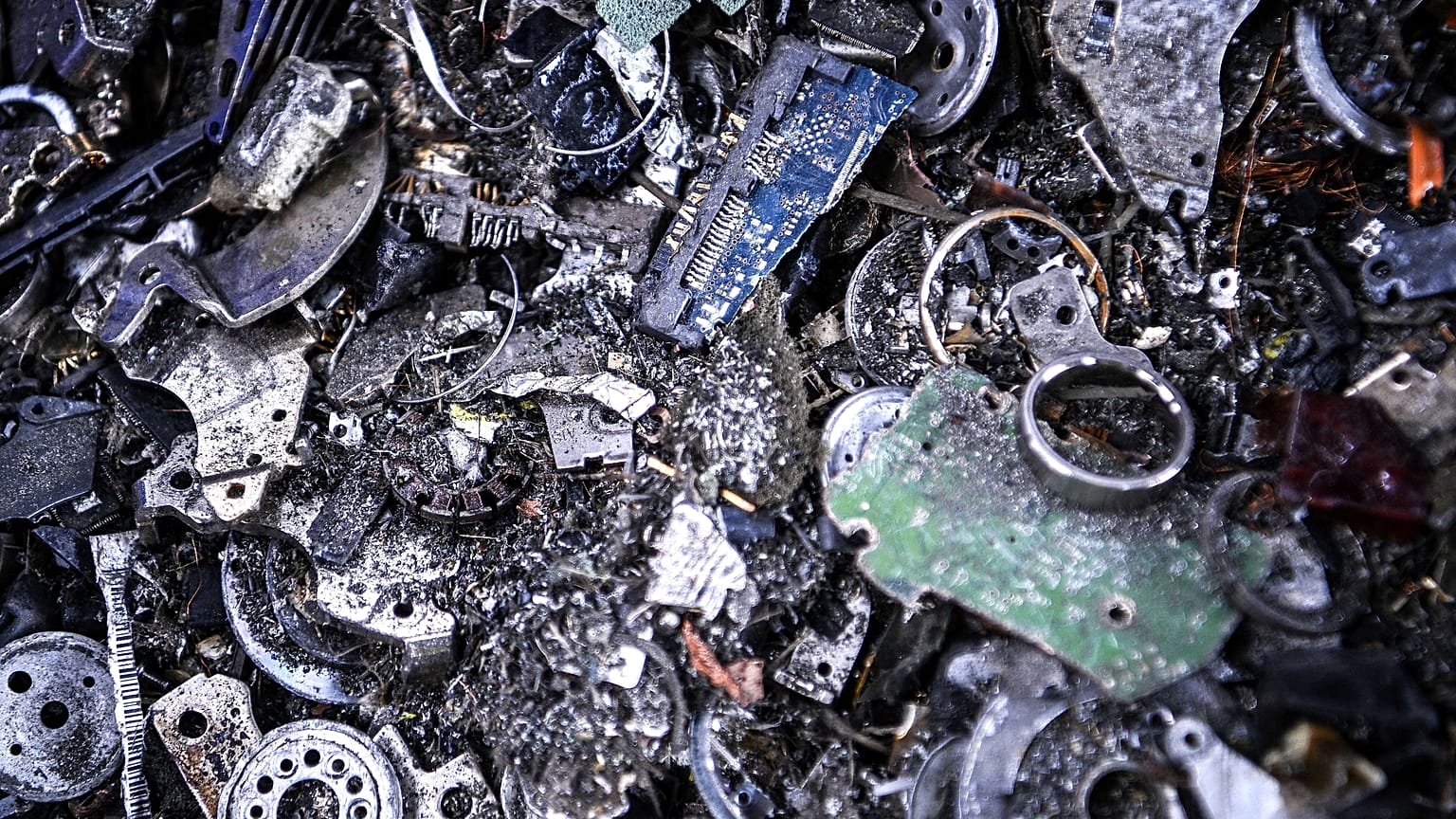The EU is ready to increase restrictions for waste shipments to stop polluting third countries.
The European practice of exporting pollution could soon end as the Commission presented a new proposal for stricter rules on waste shipments.
Much of the waste the EU produces ends up much further away than its borders.
Almost half of it ends up in countries where it is incinerated or where are no environmental guarantees - increasing the potential harm to nature. In 2020 the bloc exported 32.7 million tonnes of waste, most of it to Turkey.
The EU now says there will be more scrutiny of shipments.
"All EU companies exporting waste outside the EU should ensure that the facilities receiving its waste are managed in an environmentally sound manner," said European Commission's Vice-President Frans Timmermans.
The Commission will focus on non-OECD countries as they don't have the same regulations about waste management.
But there will be as well an increased vigilance to OECD members as well.
But for Zero Waste Europe the proposal is "insufficient in the way that the foreseen restrictions only apply to non-OECD countries and have exceptions".
"This is an issue on two levels. First, it still leaves the door open for shipments to OECD countries such as Turkey which has been a massive destination for EU waste in recent years," said Pierre Condamine, Waste Policy Officer at ZWE.
"Secondly, the restrictions to non-OECD countries can be lifted provided the country has proved that the waste will be properly treated and that it won't impact the development of a national circular economy".
'Trash is cash' and waste trafficking
Another objective of the Commission is to increase the so-called Circular Economy which aims to make it easier to give a new life to many of the materials we throw away i.e. "trash is cash".
"Within the EU we want to simplify procedures for recycling. So landfill, burning has to be made more difficult, recycling has to be made easier," Timmermans said.
70 million tonnes of waste are shipped per year within the EU. The process will be digitalised as well as there will be a harmonisation of the classification of waste in the EU.
The EU is also trying to tackle waste trafficking.
Illegal shipments account for between 15 to 30% of all of the EU's exported waste and are considered an environmental crime.
Administrative penalties against illegal shipment of waste will be strengthened and the Commission will support transnational investigations on waste trafficking.
The recycling industry is warning however that the Commission could still be missing a key point regarding the separation of waste.
"Unfortunately, within European legislation, there is still not sufficient distinction between on one hand waste that we citizens are putting in the bin. And on the other hand, the outputs of recycling facilities, which are raw materials that can substitute primary raw materials used in production processes and for which access to international markets is essential both to remain competitive but also to meet the circular ambition that the EU has," said Emmanuel Katrakis from the European Recycling Industries' Confederation.
The EU's proposal is aimed at making recycling and reusing materials like textiles, metal and glass, both a benefit for the environment and an industry that can boost the economy.















